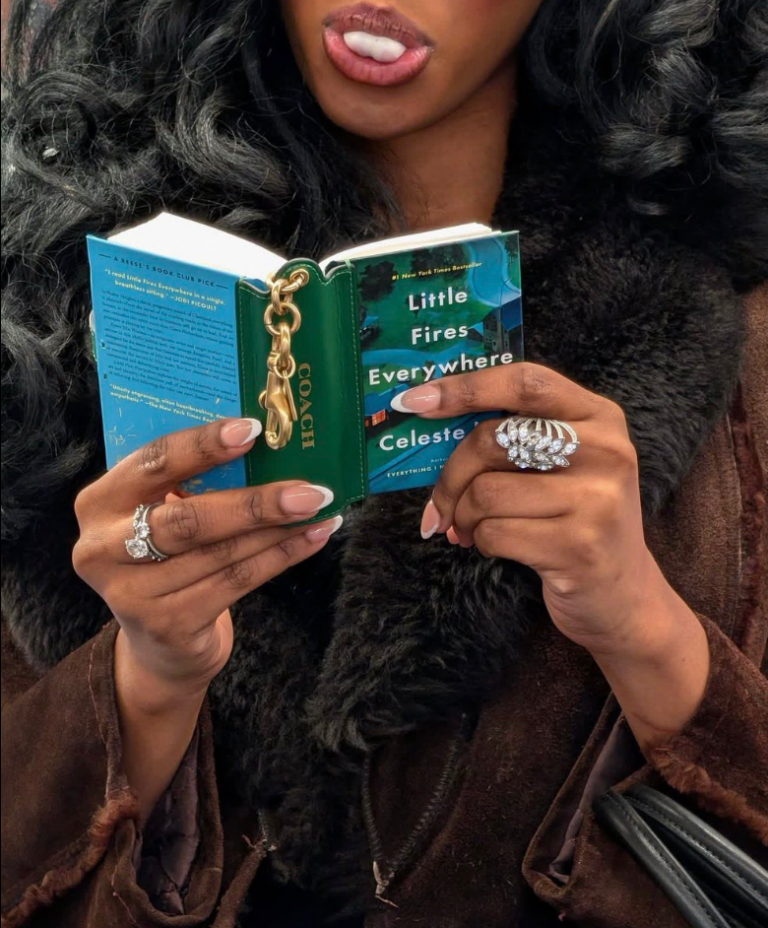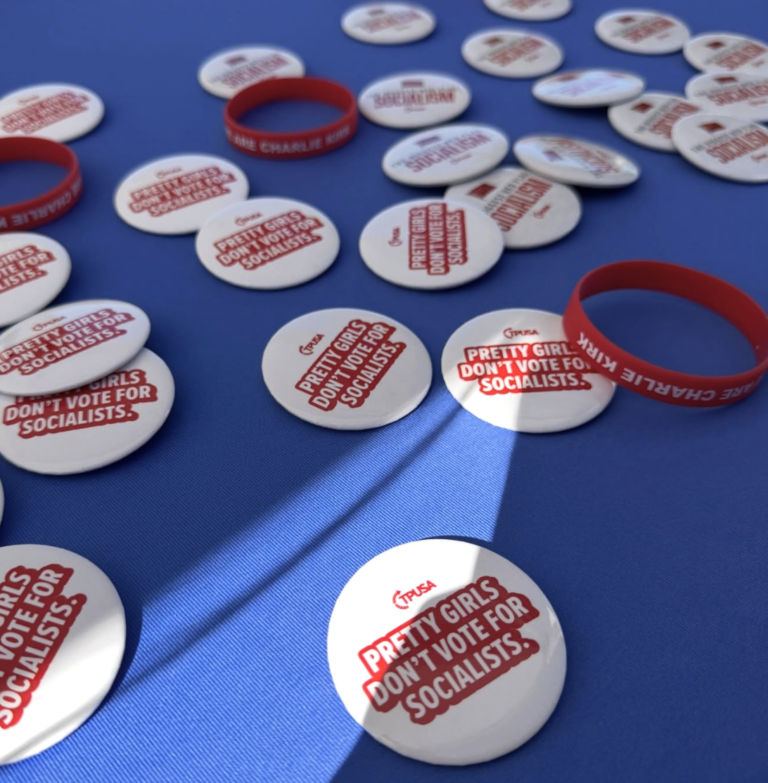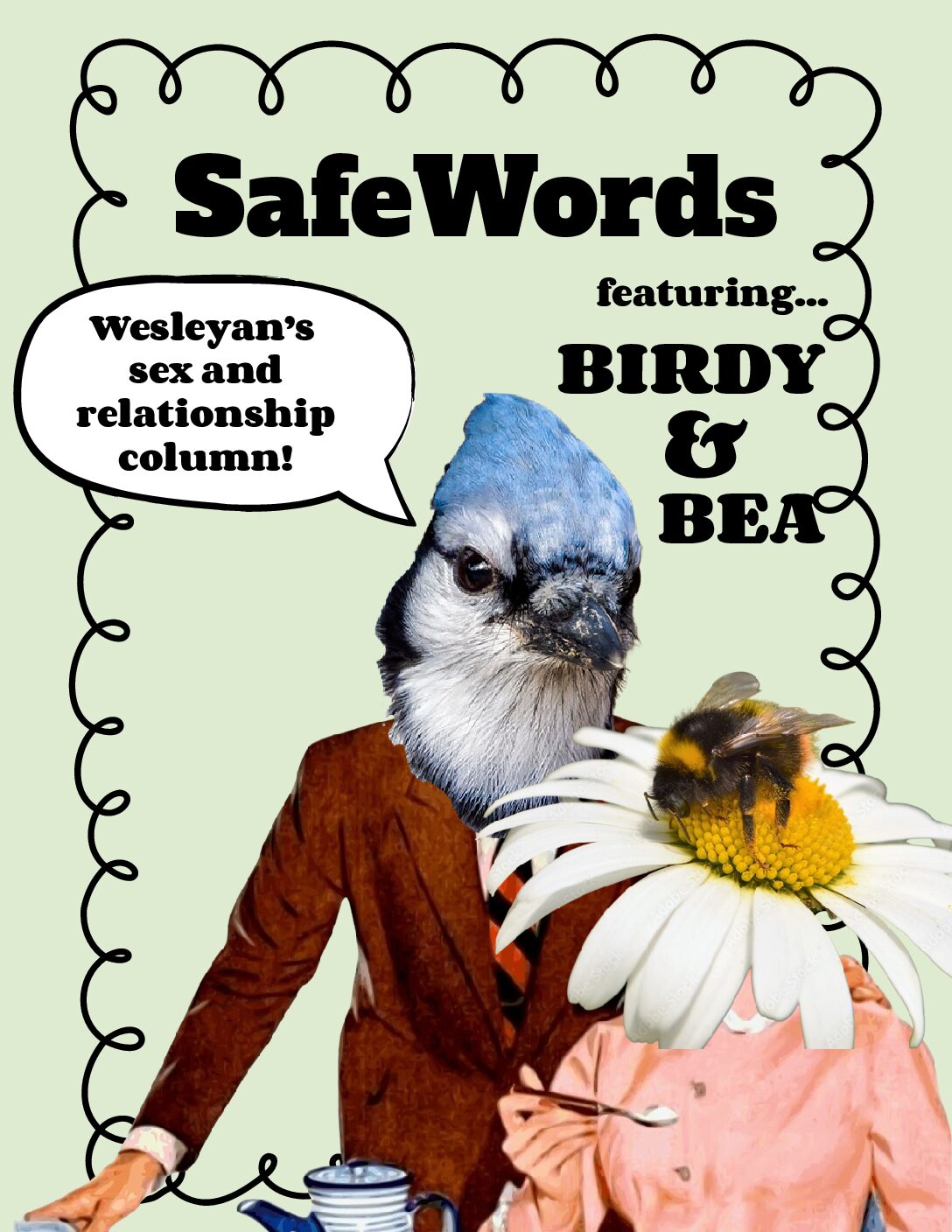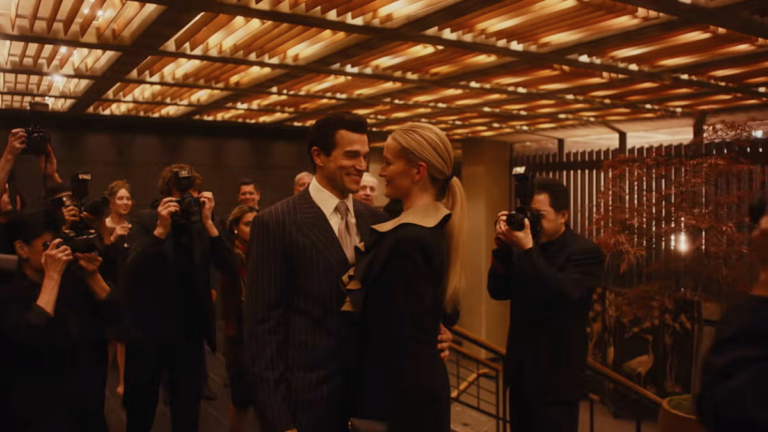Sassafras: It’s More than Just a Spice: Plop! Queer back in the debate
A month later my column is still causing controversy, so I thought I would step in and take a turn at unwinding some of the tangled mess. The phrase, “Queer tactics aren’t working” is being tossed around a lot these days. What is this supposed to mean? To me it sounds pretty fucked up. Are straight people sitting around thinking to themselves, “I would like gay people, but, I mean, have you seen them? They’re nasty!” This is the subtext to whatever is actually being said even if you’re not aware of it. The fact that you find an aspect of us intolerable is an admission that you find some part of queerness/homosexuality/transgenderedness intolerable.
Sure you may honestly claim to be seeking equal rights for queers, but you are “inadvertently” creating a normative system that decides who and what queers can be. Our politics are inextricably wound up with our identities. Our politics are more than just tactics to “showcase the wondrousness of being queer!” They are an expression of who we are. What an irritating fact that everything we do is interpreted as our way of teaching and reaching out, or I should say, failing to teach and reach out.
I have to admit, the idea of straight people sitting around talking about queer politics is great, but when I hear people claim that “it’s not working,” I really just want to throttle someone.
I imagine someone saying, “Based on the recent performance of queers on this campus, I give them an 8 for irritability and a 1 for acceptability.” I’m glad people are sitting around deciding that queers aren’t worth tolerating because they are so weird, obscene, immature and gross.
Or perhaps I wonder if the problem is not our irritability but rather the fact that we are too present (i.e. too gay, trans, etc.). We’re more tolerable in smaller doses, in pretty packages like when we tell people what to wear and how to groom.
So if someone enumerated the ways they want queers to be, I’m sure it would be very “informative” (that is to say, offensive like every other instance of their telling us what to do). It would go something like this: “You are allowed to be gay in the following circumstances: when your content is not sexual in nature (illustrated by ”Queer Eye“ and ”Will and Grace,“ i.e. desexualized gays who are deliciously funny and chaste) or if you have to be sexual (gross!) than you must limit your numbers to two (illustrated by the ”Real World,“ i.e. apologetic gays whom TV editors might allow us to see kissing).
Sure, I like these shows because even the presence of gays on television helps promote awareness, but are these personality types the only ones allotted for me? Must I act like these apologetic, asexualized, unreal versions of homosexuality?
Another chief concern I have right now is this theoretical irritation that comes from kiss-ins and chalking. Kiss-ins nearly always garner cheers and applause, which seem more like explicit support and encouragement for the goals of queer radicalism than proof of the straight community feeling ”alienated“ (don’t get me started on this) and ”offended.“ But I guess everyone who’s annoyed by kiss-ins must know this already because they talk about them as if they were there.
And to address chalking. The people writing about it need to recognize two facts: one, they are sophomores who have never been students during the former chalking days and thus should recognize how inconsequential, meaningless and uninformed their arguments are; and two, the chalkings they quoted are laughably innocuous and prove their distance and ignorance of chalking as a practice.
Furthermore, when people use words like ”obscene,“ they are capturing the myth that dialogue must be civil to be true. Your arguments may be polite and have some ”moral highground“ but keep in mind that queers aren’t included in nor are they allowed to create this moral system you are spouting off. Thus we resist it. I am not saying we are immune to morality or never guilty of immoral behavior, but please ask yourself whether this moral system is fair and universal. Not to dig up old political drama, but I think the following parallel illustrates an important point. The anti-queer dialogue reminds me of the Mabuhay performance criticisms last year where the Emcees were accused of pushing their political agenda too forcefully and in ”inappropriate ways.“ A response to the show went something like this: ”We get it, you’re oppressed. This isn’t the time or place to throw it in our faces. We understand and agree with your politics, but we don’t need to see it all the time! [paraphrase]“
Irksome. Why are people dictating when, where and how we act and yet simultaneously claiming they understand and agree with our politics? And the logical follow-up question: Why don’t they notice the inherent contradiction? When a person imposes limits on a group of people and then concurrently claims her acceptance and understanding of them, she is contradicting herself. You cannot accept only parts of me and then go on to say you accept me. Please stop dividing me into little pieces and labeling them ”good“ and ”bad,“ ”useful“ and ”harmful.“
If you accept that there is no time or place when a marginalized person is not oppressed institutionally (and only in groups that reflect our identities are we not oppressed socially), then you must accept that there is no limit to the time or place when a marginalized person should be able to resist this oppression.
If you agree with the politics you have to recognize the inseparability of the practice. Fine (and by fine I mean be coherent), disagree with the politics, but don’t hold an incoherent view that politics and their expression are separable, that queerness and its expression are distinguishable.
Our sexualities and genders are political by their very nature. So saying ”I disagree with the expression of these politics“ means ”I disagree with the expression of homosexuality/queerness/transgenderness.“ Our identities are our politics whether we like it or not.







Leave a Reply